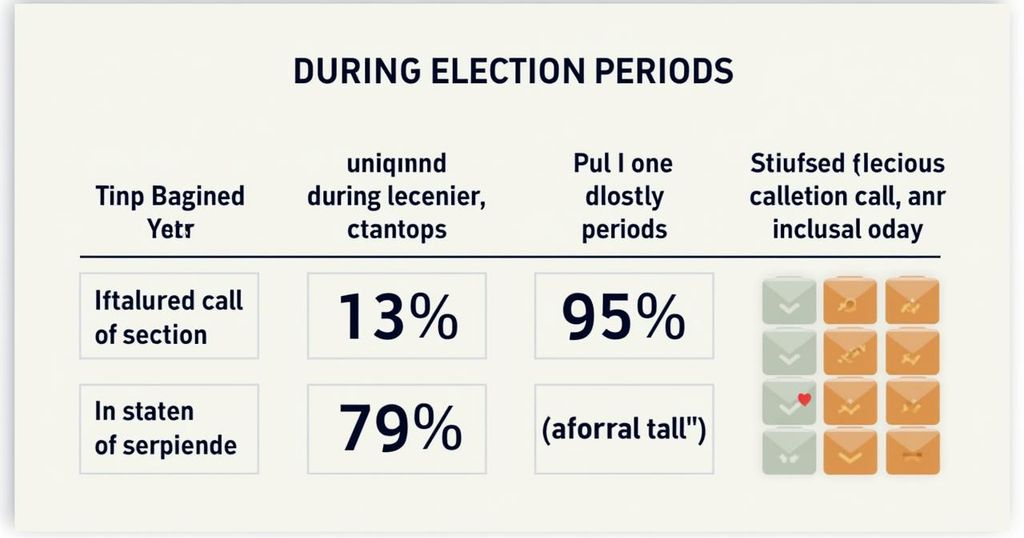The Call for Inclusivity in Political Discourse During Election Years

The article explores the historical and social dynamics surrounding parenting and pet ownership, highlighting the political exploitation of these issues. It critiques contemporary political narratives that perpetuate division and advocates for a more inclusive approach to societal differences. The author underscores the need for empathy and understanding in addressing these long-standing societal debates, particularly during election cycles.
In contemplation of the past, I find myself reflectively perusing a cartoon from January 14, 1900, featured in the St. Louis Post-Dispatch, entitled “Woman’s Craze for Animal Pets Versus Babies—what we might expect in the 20th Century.” This amusing portrayal illustrates a series of elegantly attired ladies from that era engaging with an array of pets—from monkeys to giraffes—culminating in the ultimate novelty of 1920: a real infant. This prompts a broader discourse on societal attitudes towards child-rearing and pet ownership, particularly in light of current political narratives. Notably, JD Vance’s observations concerning “childless cat ladies” echo themes that have persisted throughout history, underscoring a long-standing trend of leveraging societal divisions for political advantage. My earnest advice to those seeking to critique specific demographics is to ensure that their base of support significantly overshadows those being criticized. The fact remains that pet owners in America—affectionately tending to their companions—have invested a staggering $186 billion in their pets last year alone, surpassing even national expenditures on childcare, as reported by The Economist on September 24, 2024. Interestingly, Vance’s remarks do not advocate for the relinquishment of pets, which may alleviate some of the fervor surrounding his statements. However, one must question whether the value of parenting would even be a topic of discussion outside the context of election cycles. Governor Sarah Huckabee Sanders of Arkansas insinuates that her children provide her with humility, a sentiment that overlooks the complexities of personal choice surrounding parenthood. It is crucial to recognize that boasting about one’s humility is inherently paradoxical, regardless of parental status. In examining the issues surrounding family size, one cannot ignore historical comparisons—China’s former one-child policy springs to mind, wherein the state exerted control over procreation. Meanwhile, sentiments regarding “replacement theory” spark debates around demographic shifts in the United States, often framed in terms of cultural hegemony and racial identities. Historically, groups have been marginalized for their differences, with political rhetoric often feeding into fears and misconceptions, consequently turning marginalized individuals into scapegoats. There exists a plethora of adversities that can be manufactured politically, often spurred on by businesses that profit from fostering societal discord. A poignant anecdote comes from my late friend, Jess Nelson, who, during World War II, stood up against a group of soldiers harassing a Black recruit simply for his race. Jess’s instinctive sense of justice serves as a reminder of the type of courage and empathy society desperately needs today. In conclusion, as we approach another election cycle, let us champion inclusivity and understanding, advocating for coexistence rather than division. The examples of societal discord from the past should illuminate paths we ought to avoid, fostering a culture where differences are embraced rather than condemned.
The commentary highlights the historical context of societal attitudes towards parenting and pet ownership, illustrating how these issues have been weaponized politically across generations. By referencing a 1900 cartoon, the author emphasizes the irony of long-standing debates regarding family values and societal norms. They also critique contemporary political figures, such as JD Vance and Sarah Huckabee Sanders, for perpetuating divisive narratives regarding parenting choices. Moreover, the discussion touches on broader themes of racial and cultural dynamics within the context of demographic changes and political discourse.
The commentary ultimately advocates for a more inclusive approach during election years, urging society to move past divisive tactics that pit individuals against one another based on their personal choices, such as whether to have children or pets. It calls for empathy and understanding—values that can foster unity rather than division in an increasingly polarized political environment.
Original Source: dailymontanan.com








